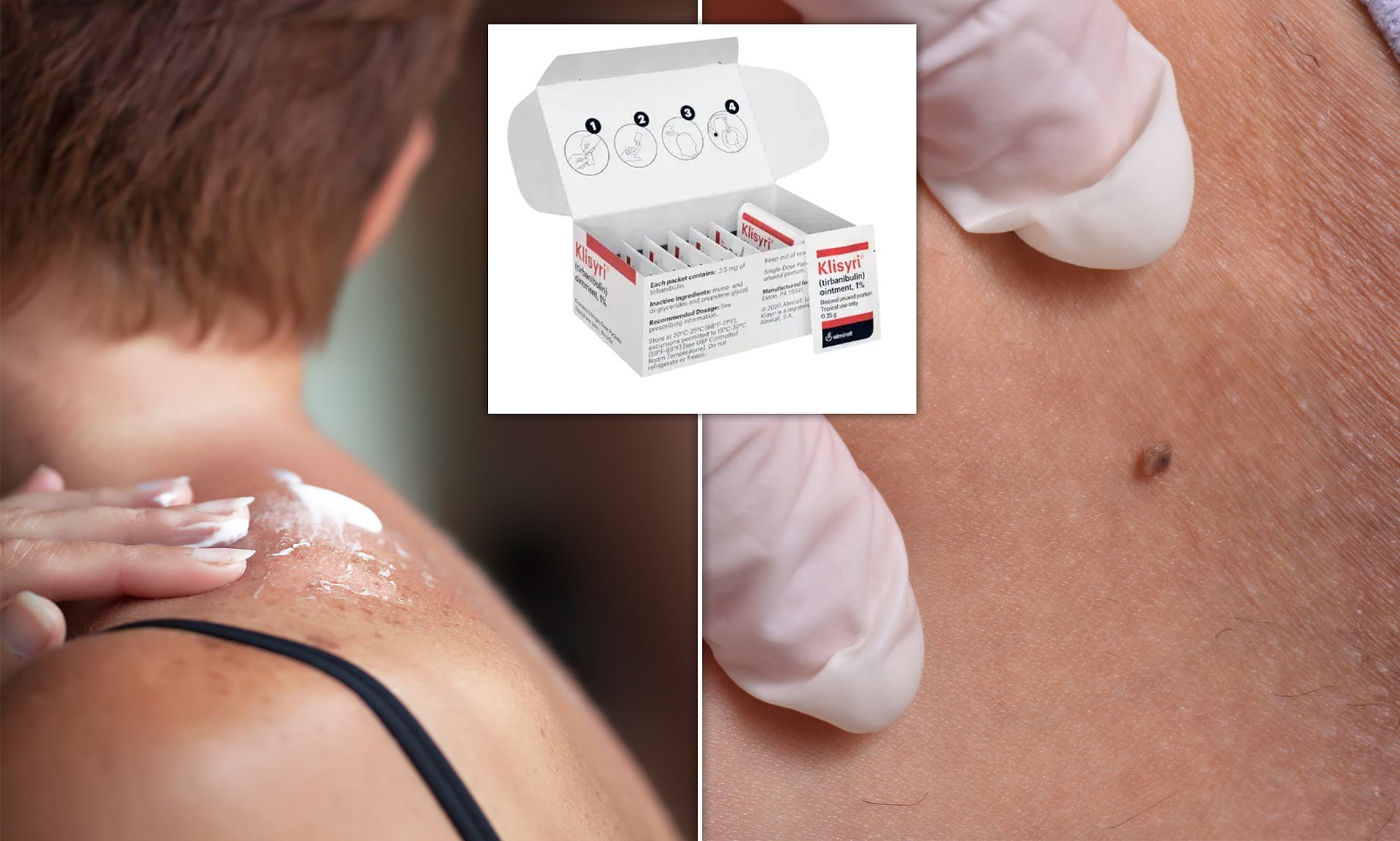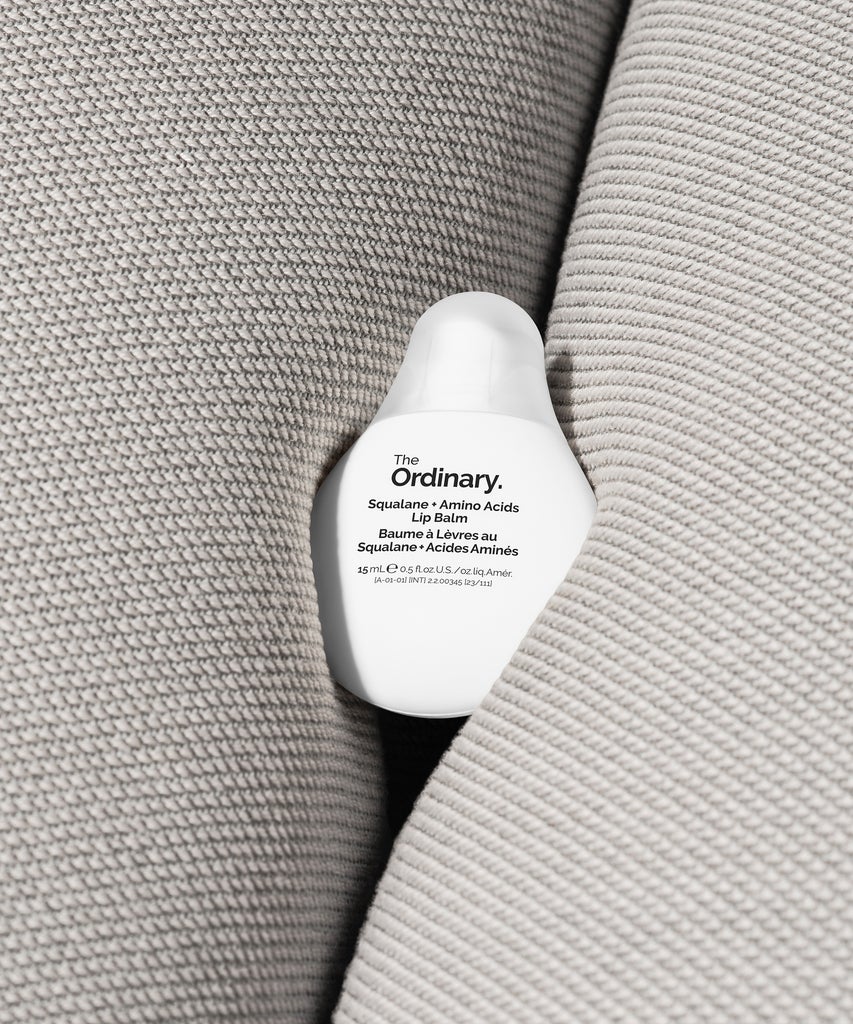
REVOLUTIONARY CREAM WHICH PREVENTS SKIN CANCER SET FOR NHS ROLL-OUT
Thousands of Britons are set to benefit from a revolutionary cream that can prevent the second-most common form of skin cancer.
The treatment is applied to areas of the skin that develop actinic keratosis – a condition that affects almost a quarter of over-60s.
Caused by long-term sun exposure, it appears as scaly patches and often occurs on the scalps of bald men or the chests of women.
Over time, actinic keratosis can develop into squamous cell carcinoma, a slow-growing form of skin cancer.
The cream, called tirbanibulin, which was previously allowed for use only on small areas of skin on the face and scalp, was approved by US health officials on Monday for patients with large patches across the head and neck. And experts say it’s likely that the drug will soon get NHS approval for the entire body, meaning GPs would be able to prescribe it to thousands.
Tirbanibulin works by stopping pre-cancerous cells from dividing and spreading on sun-damaged skin, and is applied once daily for five days.
Since the early 1990s, cases of non-melanoma skin cancer – including both squamous cell and basal cell carcinoma – have increased by almost 170 per cent in the UK. Today there are more than 25,000 squamous cell carcinoma cases diagnosed each year.
Hollywood star Diane Keaton, now 78, was diagnosed with squamous cell carcinoma in middle age and underwent surgery to have the tumour removed.
In order to combat the risk of skin cancer, the NHS recommends that Britons wear sunscreen when spending time in the sun, regardless of the temperature.
The Health Service also recommends, during spring and summer, that people spend time in the shade between 11am and 3pm, when the sun is at its strongest.
Another recommendation is to wear suitable protective clothing such as a brimmed hat and a long-sleeved top.
However, doctors say another way to slow the rise in skin cancer is by diagnosing and treating actinic keratosis early.
While tirbanibulin has been an NHS-approved treatment for the condition since 2021, it is currently only labelled for use on patches of skin no larger than a table-tennis ball. Research suggests that larger patches of actinic keratosis are more likely to become cancerous than small lesions, so the new approval was welcomed by experts.
Currently, the majority of large actinic keratosis lesions are treated either by being burnt away using extreme cold temperatures or by a cream called fluorouracil cream, which often irritates the skin.
‘Tirbanibulin is often the best treatment for actinic keratosis because it does not have uncomfortable side effects,’ says Dr Derrick Phillips, consultant dermatologist at OneWelbeck private clinic in London.
‘It’s quicker than current treatments, and it can be prescribed by GPs and dermatologists alike.
‘I imagine that the drug’s developer will apply for it to be used on the whole body soon.’
Read more 2024-06-16T00:01:47Z dg43tfdfdgfd











